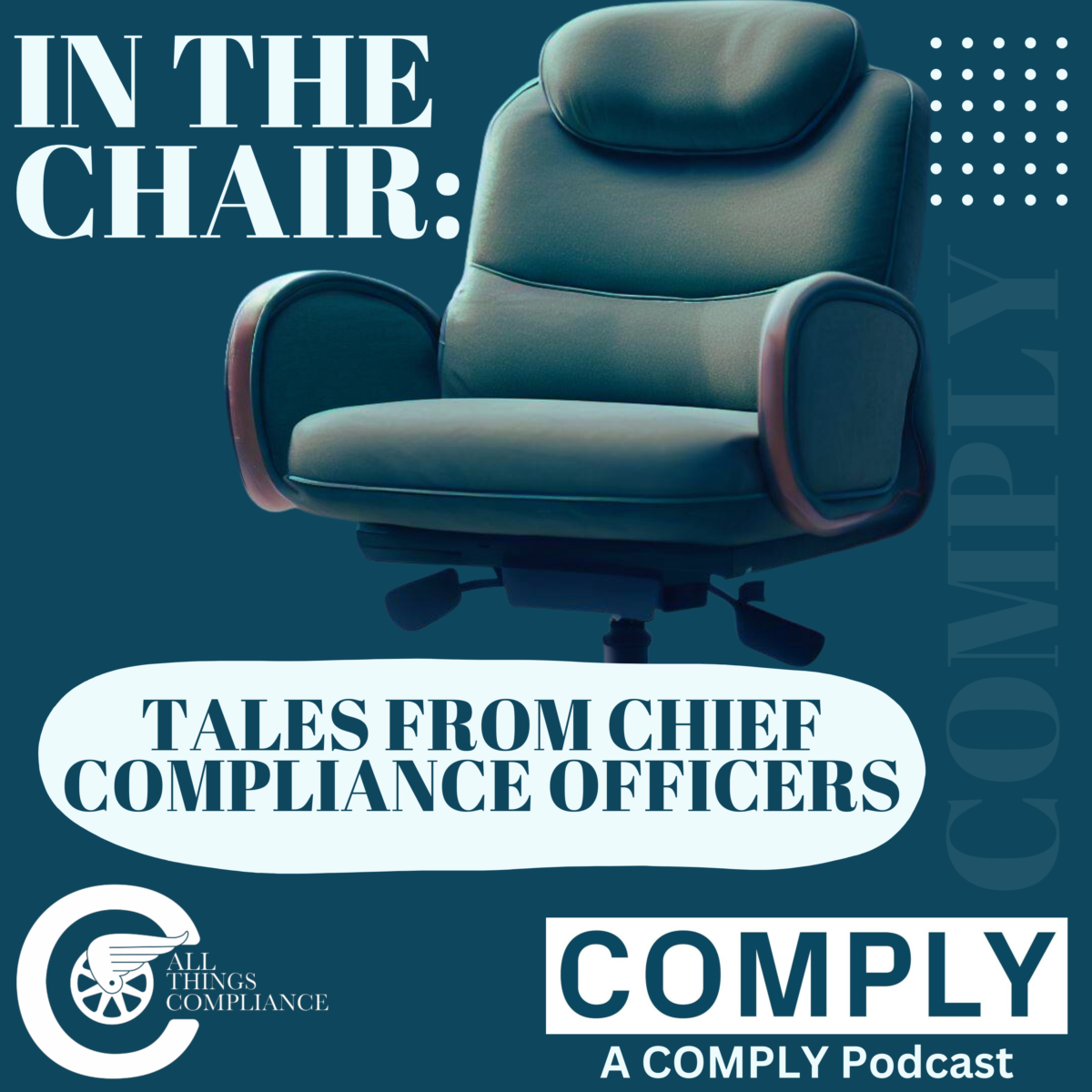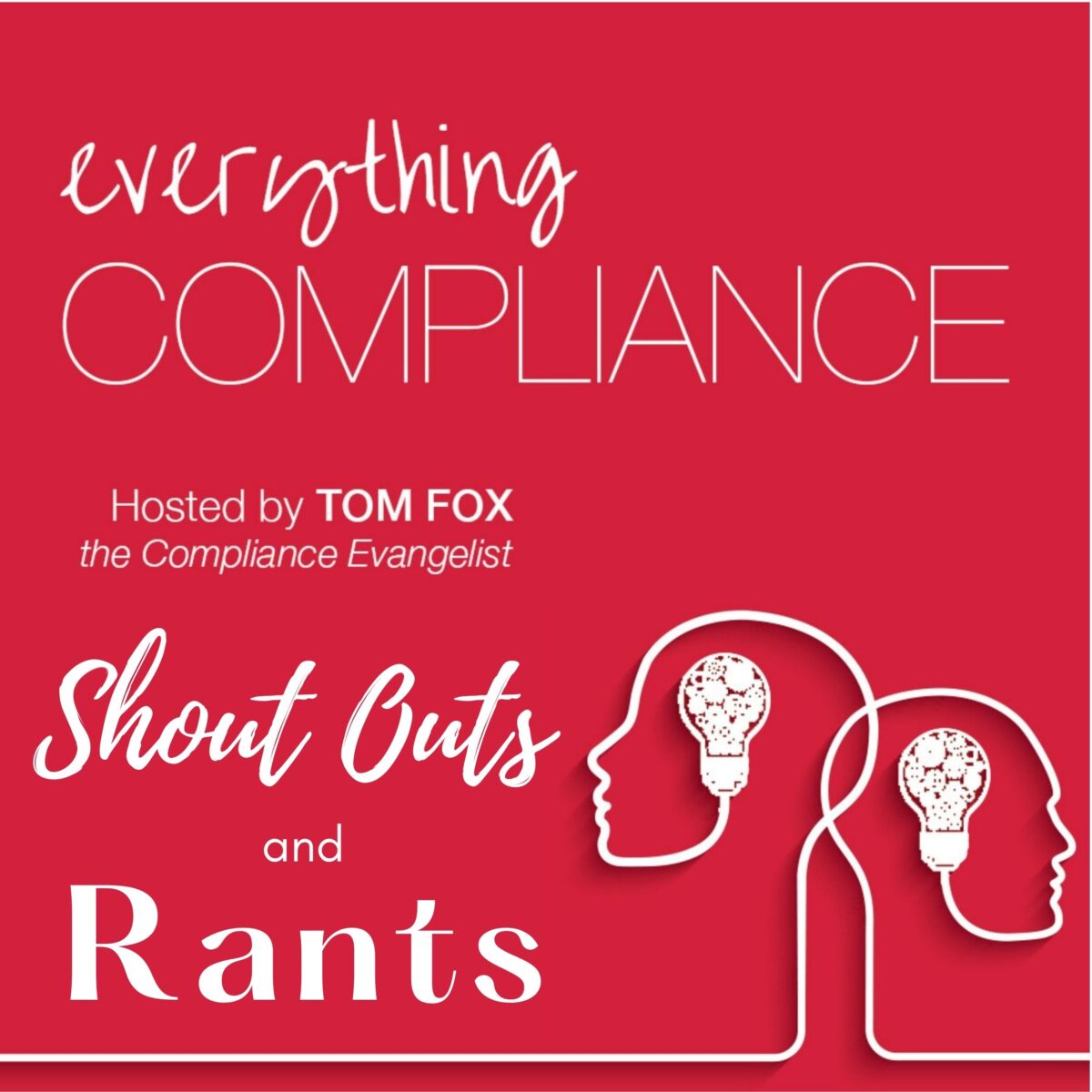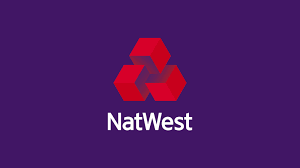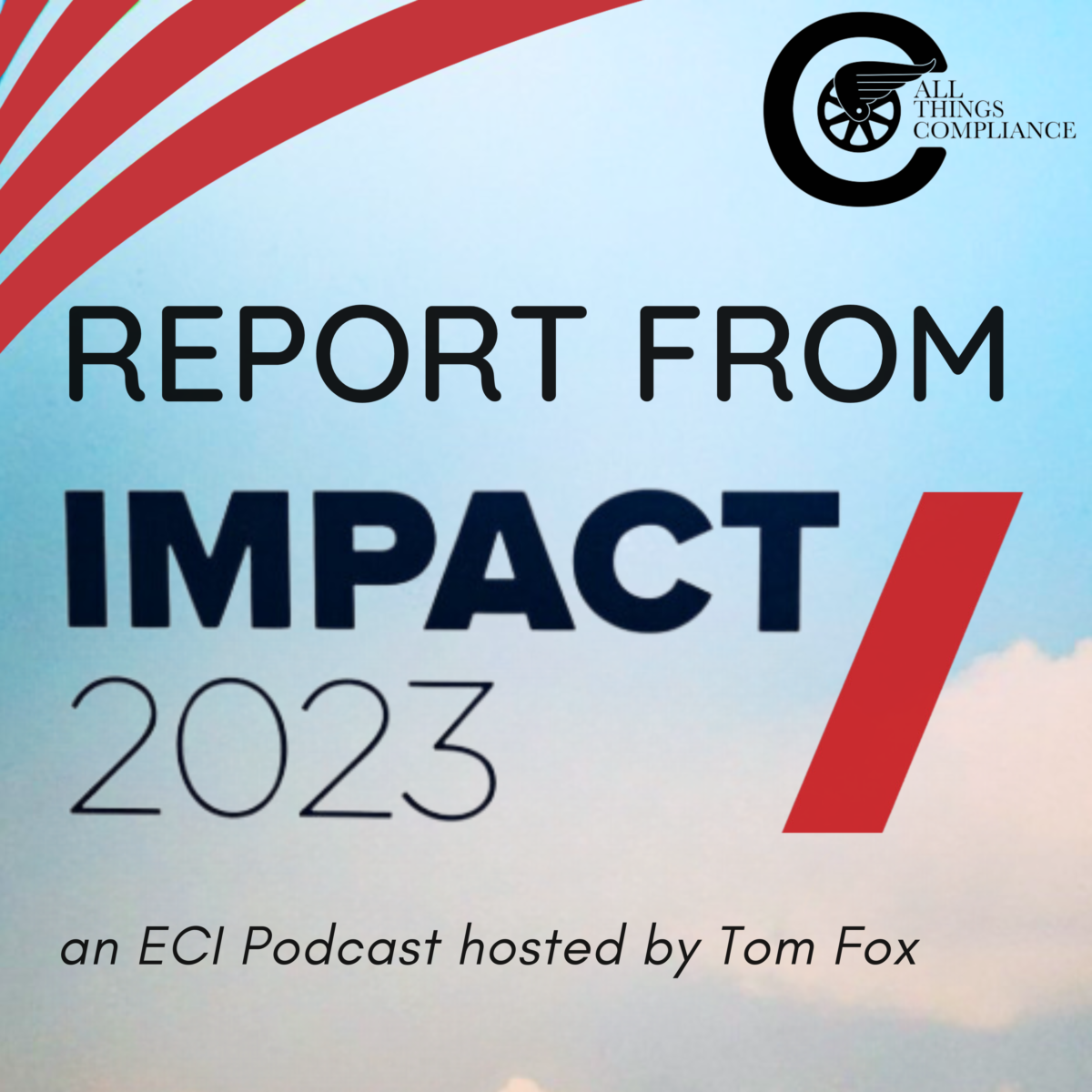You know that when the Securities Exchange Commission (SEC) uses the word ‘secretly’ when discussing a corporate program, it is a seriously not good look. That is certainly the case in the recently announced Foreign Corrupt Practices Act (FCPA) enforcement action involving 3M’s Chinese business unit. In an Order, outlining the facts and FCPA violations it stated, “During the Relevant Period, a former 3M-China marketing manager (the “Marketing Manager”) colluded with two China-based travel agencies (the “China Travel Agencies”) to secretly provide Tourism Activities for Chinese Government Officials during Educational Events. The Marketing Manager was aided in the scheme by several employees in 3M-China’s sales, marketing and professional services departments.” [emphasis supplied] For its ‘secret’ scheme without admitting or denying the SEC’s findings, 3M agreed to pay $4.5 million in prejudgment interest and disgorgement and a civil penalty of $2 million or a total of $6.5 million.
Background
The Order recited that certain 3M-China Employees targeted influential officials of Chinese state-owned enterprises and Chinese Government Officials for attendance at overseas Educational Events and, in collusion with the China Travel Agencies. To facilitate this scheme, 3M-China Employees would create a travel itinerary that included various legitimate business, training and marketing activities for submission to 3M-China’s compliance personnel for approval. However there were “alternate itineraries (the “Alternate Itineraries”)” planned which consisted of various Tourism Activities at or near the location of the Educational Events. There were free travel and lodging provided which “were designed to improperly induce the Officials to purchase 3M products, and violated company policy.”
Interestingly, the 3M-China Employees circulated the Alternate Itineraries through hand delivery or personal WeChat accounts or ephemeral messaging. The 3M-China Employees asked the participants to keep the agenda hidden, and falsified internal compliance documents so that the Tourism Activities were not shown to be planned as part of the overseas trip.
There were several indicia which demonstrated the travel was not for business purposes but for recreational purposes. From the Order it stated
(a) Tourism Activities were scheduled at the same time as the Educational Event activities;
(b) the ostensibly Educational Events were in English, and the trips included Chinese Government Officials who neither understood English nor had adequate translation services;
(c) at times Chinese Government Officials missed whole days of the Educational Event or simply never attended at all; and
(d) Certain Chinese Government Officials also requested Tourism Activities as part of the overseas trip.
To fund these illegal activities, 3M-China Employees would at times work with the collusive China Travel Agencies to inflate their billing invoices for ostensibly legitimate expenses such as travel costs. In other instances, the 3M-China Employees submitted unpermitted invoices directly to the China Travel Agencies for reimbursement rather than to 3M China. Finally, the China Travel Agencies, with the support of the 3M-China Employees, at times directed that 3M-China’s distributors pay for portions of the non-reimbursable expenses. Rather stupidly from a legal and compliance perspective, 3M China employees measured the impact that this corruption had on sales. They tracked the effect of providing overseas travel on 3M-China’s sales to SOE Customers. One 3M-China Employee tracked post-trip sales “to ensure they were consistent with 3M-China’s sales goals. Most amazingly “3M-China management asked for the “return on investment” from an Educational Event (i.e. the effect of providing health care officials with overseas travel on sales to the SOE Customer) by comparing sales figures before and after an Educational Event.”
Finally, “from at least 2014 through 2017, 3M-China paid nearly $1 million to fund at least 24 trips for Chinese Government Officials that included Tourism Activities. The costs of these trips were improperly recorded in 3M’s books and records as legitimate business expenses, without any indication that they included Tourism Activities. As a result of the above conduct, 3M improperly benefited by at least $3.5 million from increased sales.”
Discussion
There are several key lessons to be garnered from this FCPA enforcement action. One key lesson from this case is that if your organization is paying for attendance at educational events, the value of rigorous post-event documentation, such as sign-in sheets and attendance verification is critical. By ensuring that officials were present at the events they are paid for, transparency is enhanced, and corruption can be prevented as your employee base will know that compliance is providing oversight and monitoring. This approach draws from the pharmaceutical sector, which has implemented stringent event monitoring practices.
The importance of post-event documentation and monitoring extends beyond coruption prevention. It also plays a crucial role in compliance efforts. By thoroughly documenting events and activities, companies can demonstrate their commitment to ethical business practices and compliance with regulations. This documentation serves as evidence of due diligence and can be invaluable in audits and investigations.
However, compliance professionals must strike a balance between the level of control and the resources required for documentation. While it is essential to have robust controls in place, excessive bureaucracy can hinder efficiency and productivity. Finding the right balance is crucial to ensure compliance without impeding business operations.
Another challenge lies in the use of ephemeral messaging, as seen in the Three M China case. Ephemeral messaging platforms, which automatically delete messages after a certain period, can raise concerns about transparency and compliance. While these platforms may have legitimate uses in private communications, their use in a corporate setting can be seen as a less than transparent attempt to conduct business ethically. Compliance professionals should carefully consider the implications of using such platforms and evaluate whether they align with their organization’s compliance objectives.
Data analytics also play a significant role in post-event documentation and monitoring. By leveraging advanced analytics tools, companies can detect patterns and anomalies that may indicate fraudulent activities. For example, multiple payments to the same vendor by different entities within the extended enterprise can be a red flag worth investigating. Implementing robust data analytics capabilities can enhance the effectiveness of post-event monitoring and help identify potential compliance risks.
In conclusion, the 3M China FCPA enforcement action underscores the importance of post-event documentation and monitoring in fraud prevention and compliance efforts. Rigorous documentation practices, inspired by the pharmaceutical sector’s approach, can enhance transparency and prevent corruption. However, finding the right balance between control and efficiency, addressing challenges associated with ephemeral messaging, and leveraging data analytics are crucial for effective post-event documentation and monitoring. By prioritizing these factors, companies can strengthen their compliance programs and mitigate the risks associated with fraudulent activities.












